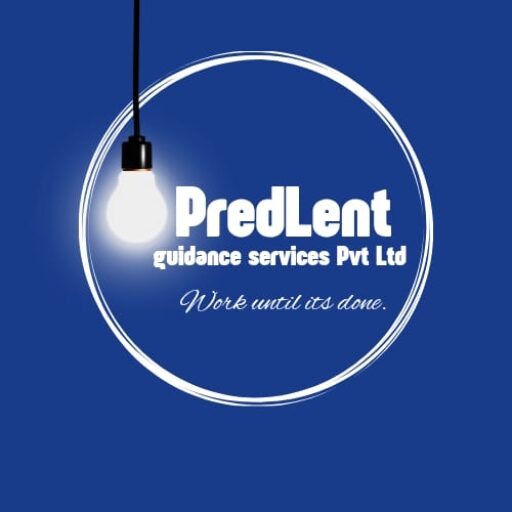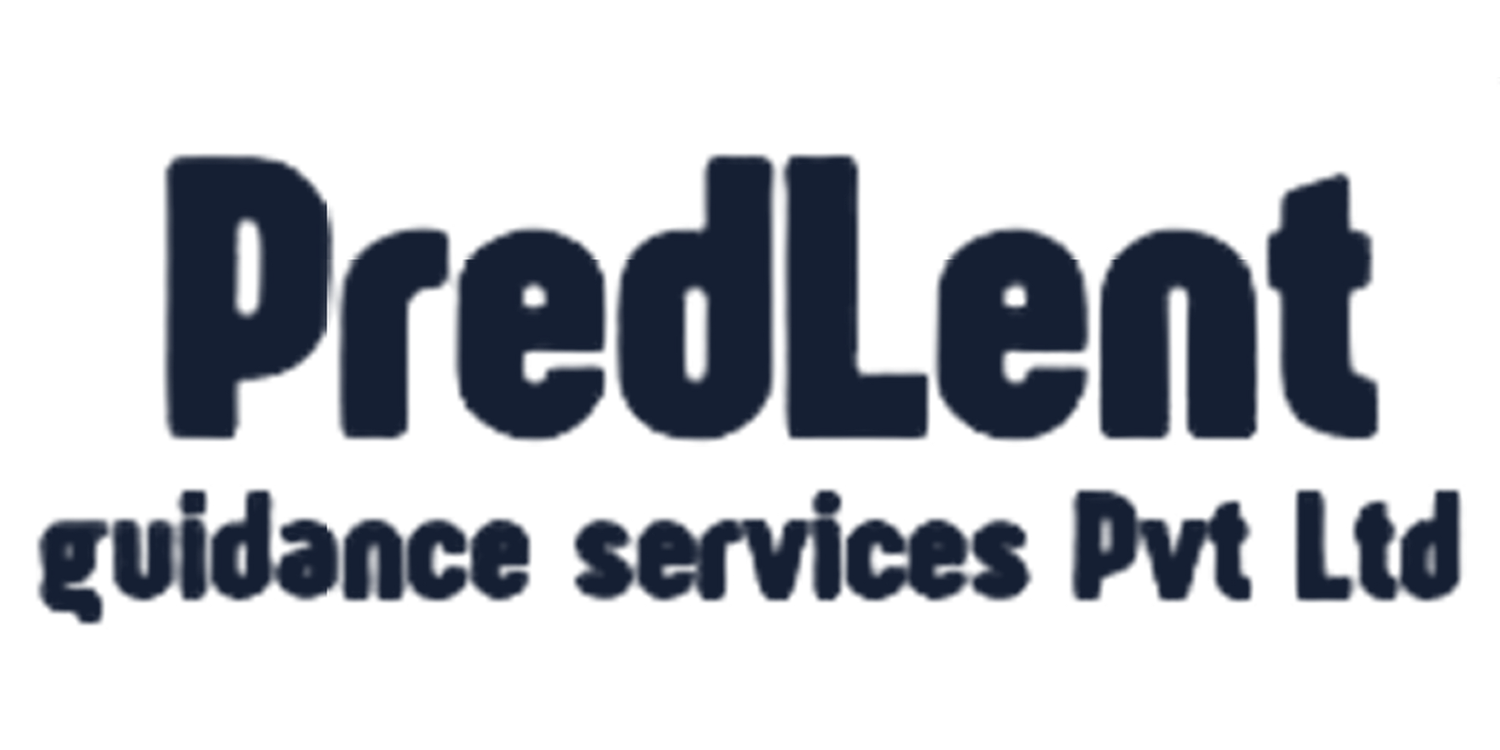What is Career Counselling?
Career counseling, also known as career coaching or career guidance, is a process that helps individuals explore, identify, and achieve their career goals.

Benefits of Career Counseling
1. Clarity and direction: Career counseling helps individuals understand their strengths, interests, and values, leading to a clearer career path.
2. Increased job satisfaction: By aligning career choices with personal goals and aspirations, individuals can experience greater job satisfaction and fulfillment.
3. Improved job search skills: Career counselors provide guidance on resume building, interviewing, and networking, enhancing job search effectiveness.
4. Career transition support: Career counseling facilitates successful transitions to new careers, industries, or roles.
5. Personal growth and development: The career counseling process fosters self-awareness, confidence, and self-improvement.
What to Expect from Career Counseling
1. Initial assessment: A career counselor will typically conduct an initial assessment to understand your background, interests, and goals.
2. Career exploration: Together, you’ll explore career options, industries, and job roles that align with your strengths, interests, and values.
3. Goal setting: You’ll work with the career counselor to set realistic, achievable career goals.
4. Action planning: A personalized action plan will be developed to help you achieve your career goals.
5. Ongoing support: Career counselors often provide ongoing support and guidance as you work towards your career objectives.
Types of Career Counseling
1. One-on-one counseling: Individualized counseling sessions with a trained career counselor.
2. Group counseling: Small group sessions focusing on specific career topics or issues.
3. Online counseling: Virtual counseling sessions via phone, video conferencing, or messaging platforms.
4. Career assessments and testing: Standardized assessments to help identify interests, skills, and personality traits.
Finding a Career Counselor
1. Professional associations: Look for counselors certified by professional organizations, such as the National Board for Certified Counselors (NBCC) or the National Career Development Association (NCDA).
2. Online directories: Utilize online directories, like the American Counseling Association (ACA) or the Career Development Quarterly (CDQ), to find certified career counselors in your area.
3. Referrals: Ask friends, family, or colleagues for recommendations.
4. Local colleges or universities: Many institutions offer career counseling services, either free or at a low cost, to students and alumni.
Remember, career counseling is an investment in your future. Don’t hesitate to seek guidance if you’re unsure about your career path or need support navigating the job market.
